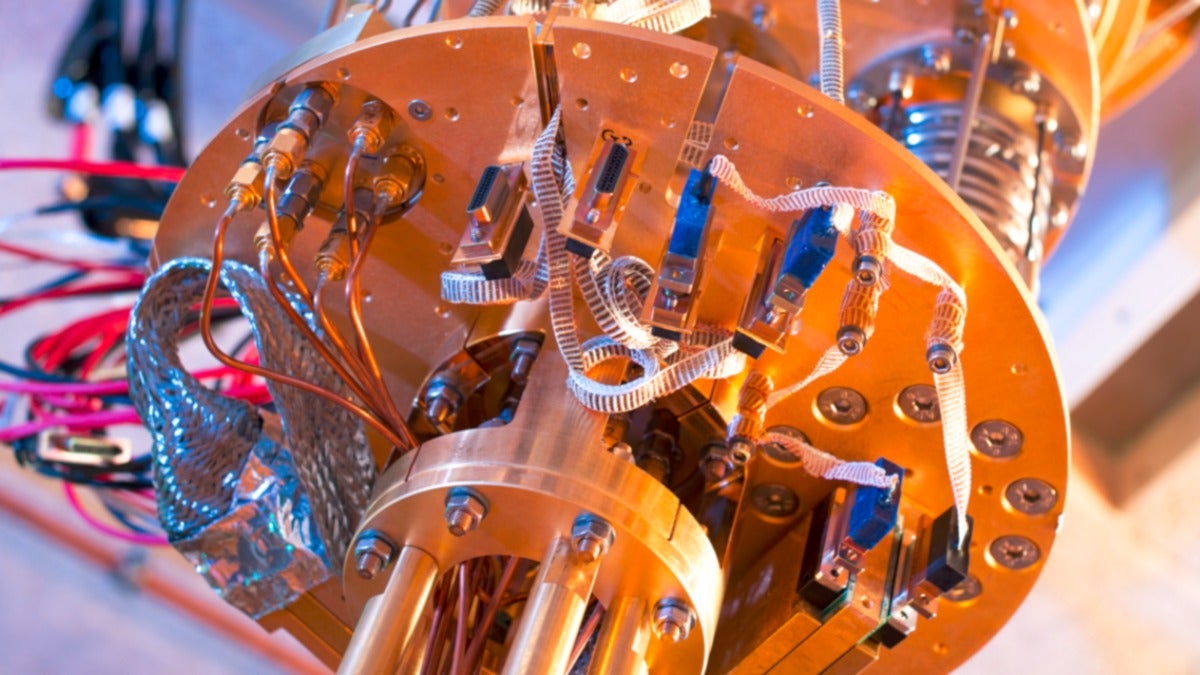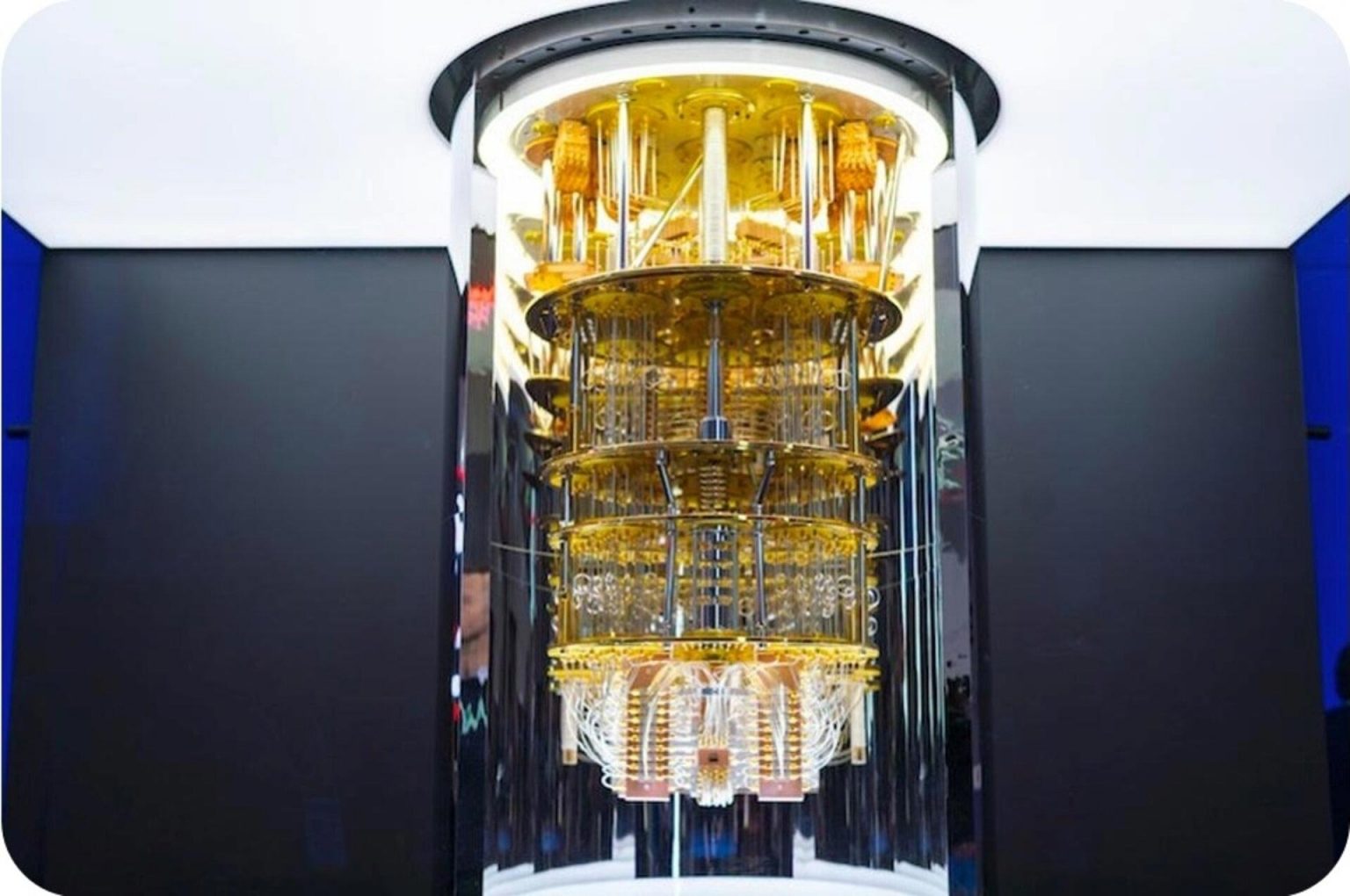Artificial Intelligence Applications in Quantum Computing
Quantum computing is a rapidly developing field that has the potential to revolutionize many aspects of computing. AI, on the other hand, is a powerful tool that can be used to solve a wide range of problems. By combining these two technologies, we can create new and powerful solutions to some of the world's most pressing problems.

In this article, we will explore some of the most promising AI applications in quantum computing. We will discuss how AI can be used to improve quantum algorithms, develop new quantum hardware, and create new quantum-based AI systems.
Using AI to Improve Quantum Algorithms
One of the most important challenges in quantum computing is developing efficient algorithms. Quantum algorithms can solve some problems exponentially faster than classical algorithms, but they can also be much more complex. AI can be used to help design and optimize quantum algorithms, making them more efficient and easier to implement.

One example of how AI is being used to improve quantum algorithms is the work being done by Google's Quantum Artificial Intelligence Lab (QuAIL). QuAIL is developing a variety of AI techniques that can be used to improve the performance of quantum algorithms. These techniques include:
- Machine learning: Machine learning can be used to learn the properties of quantum systems and to develop new algorithms that are tailored to those systems.
- Neural networks: Neural networks can be used to represent quantum states and to perform quantum computations.
- Genetic algorithms: Genetic algorithms can be used to search for new quantum algorithms.
QuAIL's work has already led to the development of several new quantum algorithms, including a new algorithm for simulating quantum systems and a new algorithm for solving linear systems of equations. These algorithms are still under development, but they have the potential to significantly improve the performance of quantum computers.

Developing New Quantum Hardware
Another important challenge in quantum computing is developing new hardware that can be used to build quantum computers. Quantum computers require very precise control over qubits, and any errors in the qubits can cause the computer to crash. AI can be used to help design and develop new quantum hardware that is more resistant to errors.
One example of how AI is being used to develop new quantum hardware is the work being done by IBM's Quantum Engineering Team. IBM's team is using AI to develop new materials for qubits, new methods for controlling qubits, and new ways to detect and correct errors in qubits.

IBM's work has already led to the development of several new quantum hardware technologies, including a new type of qubit called a "topological qubit" and a new method for controlling qubits called "quantum error correction." These technologies are still under development, but they have the potential to make quantum computers more powerful and reliable.
Creating New Quantum-Based AI Systems
In addition to using AI to improve quantum algorithms and develop new quantum hardware, AI can also be used to create new quantum-based AI systems. These systems can use the power of quantum computing to solve problems that are beyond the reach of classical AI systems.

One example of a quantum-based AI system is the work being done by Google's Quantum AI Lab. QuAIL is developing a new type of AI system called a "quantum neural network." Quantum neural networks use quantum bits to represent the features of a problem and to perform computations. This allows quantum neural networks to solve problems that are exponentially more difficult than classical neural networks.
QuAIL's work on quantum neural networks is still in its early stages, but it has the potential to revolutionize the field of AI. Quantum neural networks could be used to solve problems in a wide range of fields, including machine learning, natural language processing, and computer vision.
Conclusion


AI and quantum computing are two of the most promising technologies of our time. By combining these two technologies, we can create new and powerful solutions to some of the world's most pressing problems. The applications of AI in quantum computing are vast and varied, and they are only just beginning to be explored. In the years to come, we can expect to see even more exciting and groundbreaking developments in this field.
Post a Comment